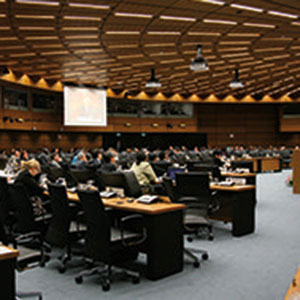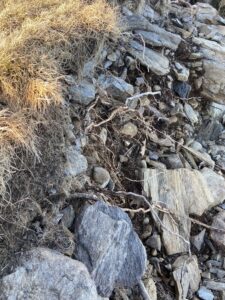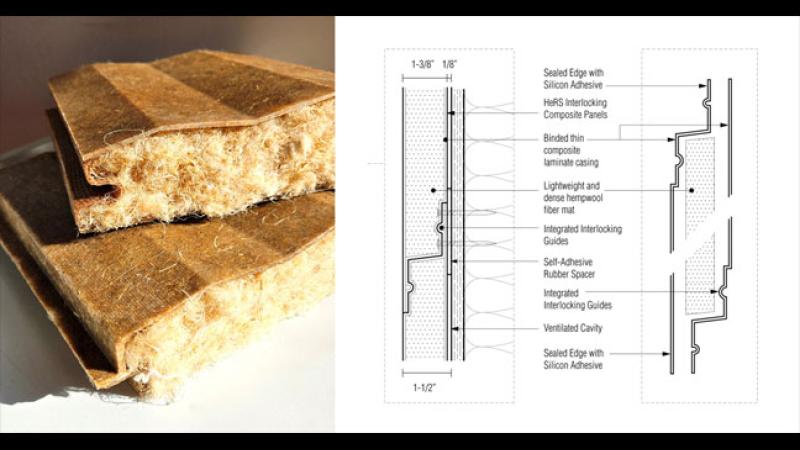Largest ice shelf in Antarctica lurches forward once or twice each day
Washington University in St. LouisA conveyer belt of ice jostles the entire Ross Ice Shelf out of place at least once daily, according to new research from Washington University in St. Louis.

















































